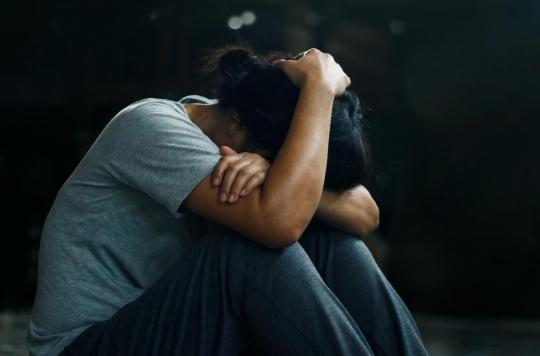Inserm researchers, in collaboration with the CNRS, have analyzed the brains of survivors of the attacks of November 13, 2015. Their objective: to better understand the mechanisms of post-traumatic stress disorder and find a way to treat it.

The attacks in Paris and Saint-Denis on November 13, 2015 left their mark. On the survivors and their relatives, but also on all the French population. One Ifop poll published last October for theB2V Observatory of Memories also revealed that 70% of French people recognize the existence of a collective dimension of trauma. Neuropsychologist Francis Eustache and historian Denis Peschanski launched the project “13-November”, a transdisciplinary research program aimed at studying the individual or collective traces of these events. A study, led by Pierre Gagnepain, researcher at Inserm (National Institute for Health and Medical Research) in neuropsychology, has just been published in the journal Science. This work, which focuses on post-traumatic stress disorder (PTSD), attempts to explain why some people suffer from it and others do not.
Relive the traumatic event
The scientific team analyzed the brain activity of 175 participants, 102 of whom were survivors of the attacks of November 13, 2015. Among them, 55 suffered from post-traumatic stress disorder. If the symptoms can vary from one person to another, the victims generally relive the traumatic event with concrete memories, such as smells, sounds, sensations or even images. Post-traumatic stress disorder can manifest immediately or years after the trauma. Until now, the intrusive appearance of these painful memories has been associated with a failure memory. Yet the researchers of the study question this theory.
Faulty brain mechanisms
Indeed, the scientific team used brain imaging based on the “Think/No-Think” method, which consists of automatically associating a word with an image, when they have nothing to do with each other. A way of reproducing what happens when a memory imposes itself intrusively. Through this experiment, the researchers found that participants with post-traumatic stress disorder had impaired brain mechanisms that help regulate the activity of brain regions involved in memory, such as the hippocampus for example. People without post-traumatic stress disorder, on the other hand, were better able to fight against intrusive memories. In the brain, the frontal cortex normally serves this purpose.
Hope to develop new treatments
“The memory suppression mechanism is not inherently evil and the cause of the intrusions as once believed. On the other hand, its dysfunction is. If we take the analogy of the brakes of a car, it is not the fact of braking or – in the case which concerns us – of suppressing the memories which poses the problem, but the fact that the braking system is faulty, which which leads to its overuse”explains Pierre Gagnepain in a communicated. As part of the “13-Novembre” project, new studies will have to be carried out in order to understand how these cerebral mechanisms can also play a role in the resilience. This would allow the development of new therapeutic care for patients with post-traumatic stress disorder.
.
















